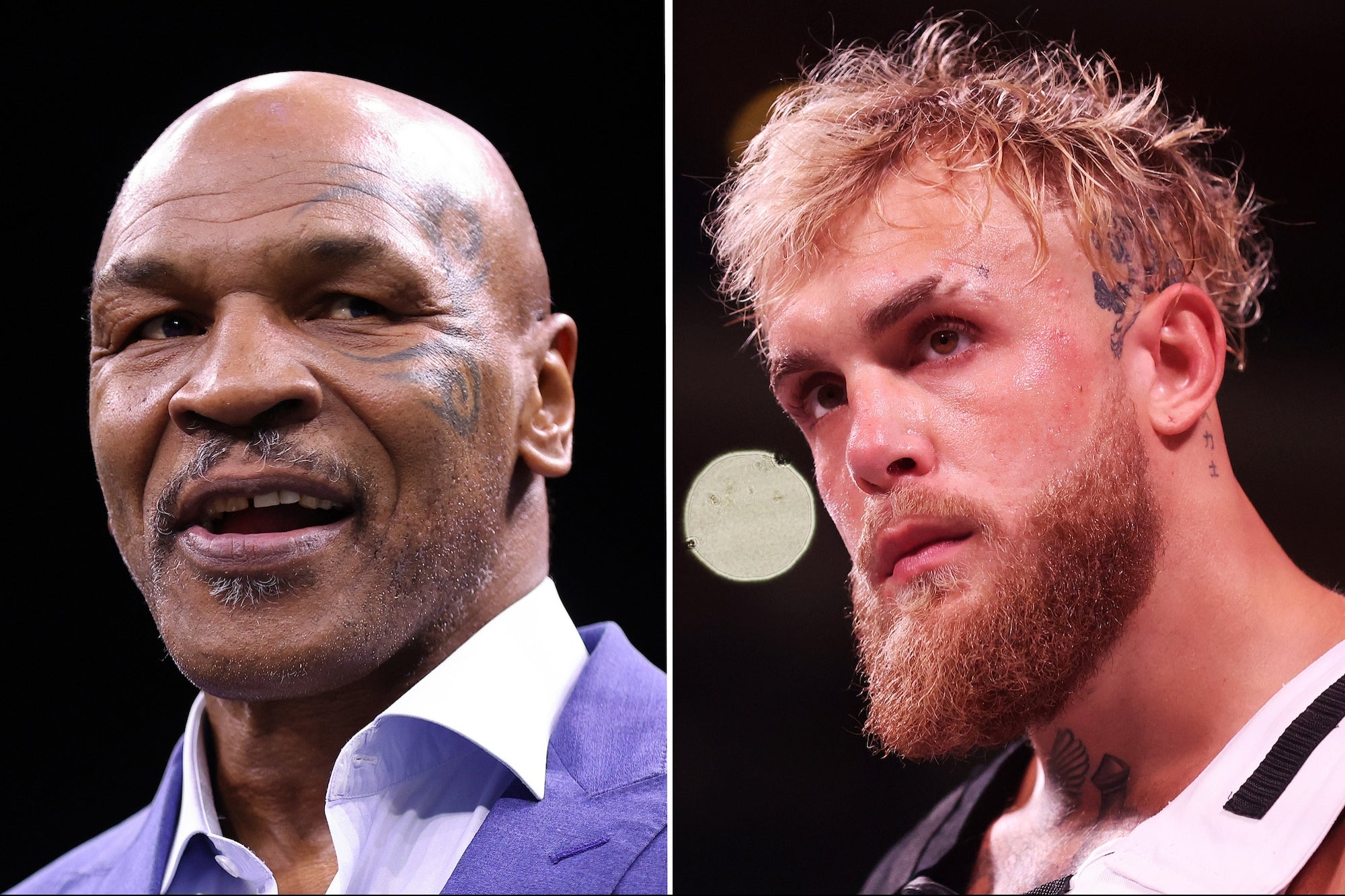In $11 Billion Deal, Burger King Scoops Up Tim Hortons and Heads to Canada It's official: Burger King is buying coffee and doughnuts chain Tim Hortons for approximately $11 billion, with financing help from Warren Buffet.
By Kate Taylor •

Opinions expressed by Entrepreneur contributors are their own.
Tired of playing second fiddle to McDonald's in the American burger court, Burger King is moving to Canada.
Tuesday morning, Burger King and Tim Hortons announced the two companies would merge to create a new third company. Burger King's parent company, 3G Capital, will own approximately 51 percent of the new company, making it the third largest quick-service restaurant company in the world.
Burger King is expected to pay about $11 billion for Tim Hortons, a fast-casual franchise chain known for its coffee and doughnuts. The burger chain reports it has obtained commitments for $12.5 billion of financing, including $3 billion of preferred equity financing from Berkshire Hathaway. (Berkshire Hathaway, led by Warren Buffett, previously teamed up with 3G to buy Heinz for $23 billion last year.)
Tim Hortons and Burger King will both maintain their brand independence, including their global homes in Oakville, Ontario for Tim Hortons and Miami, Fla. for Burger King. However, the new company will be headquartered in Canada -- a move that has drawn criticism for being a tax-dodging inversion.
Related: Burger King Franchisees Aren't 'Satisfried' with Satisfries
Tax inversions have recently made headlines and drawn criticism from the American government, as companies including Medtronic and AbbVie have relocated headquarters to lower-tax countries after purchasing smaller, foreign chains.
"Clearly, this is motivated by a more favorable tax climate in Canada, but the issue is larger than this deal," says Christopher Reuscher, a partner with law firm Roetzel, who focuses his practice on business mergers and acquisitions. "I am sure the White House is very concerned and has already called the Treasury to get them moving towards a solution. I am also concerned that this is going to be a very politicalized issue, which, if the past is any indication, means this won't get done anytime soon."
However, Burger King has been quick to deny claims that lower taxes have driven the acquisition.
"This is a strategic transaction to create a new QSR leader, and is not being driven by tax rates," Burger King's executive chairman Alex Behring said in an investor conference call on Tuesday. "We will continue to pay federal, state and local taxes in the United States."
Instead of tax concerns, Burger King and Tim Hortons have emphasized the new company's potential to help both chains accelerate their global growth.
"Our combined size, international footprint and industry-leading growth trajectory will deliver superb value and opportunity for both Burger King and Tim Hortons shareholders, our dedicated employees, strong franchisees, and partners," Behring said in a statement Tuesday.
Related: Crumbs Buyer's Bid Goes Unchallenged as Chain Prepares to Emerge From Bankruptcy
The chains have also repeatedly highlighted how the deal will help Canada.
Tim Hortons's place as an iconic Canadian brand made it necessary for Burger King and Tim Hortons's joint statement dedicate a section to the new company's "commitment to Canada." The section describes how Tim Hortons's community involvement and business model will not change, and specifies that the new company will include "a meaningful number of Canada-based executives."
Neither chain plans to make any major changes in their operations or business models. Nor are they planning on mixing the two chains' products or cross-branding at this time – not even to bring Tim Hortons' famous coffee to the burger chain at a time when fast-food coffee is a hot topic at chains from McDonald's to Chick-fil-A.
While the Canadian coffee and doughnuts chain and the American burger company may at first seem like an odd couple, the two have one major similarity: both are approximately 100 percent franchised. In 2013, Burger King finished a refranchising effort that sold essentially all of the company's corporate stores to franchisees.
Today, Burger King has approximately 14,000 locations in 98 countries. Tim Hortons has more than 4,500 locations, 3,630 of which are in Canada. The companies report that the new, merged company will have $23 billion in system sales worldwide.
Related: Burger King in Talks to Buy Tim Hortons, Move to Canada











